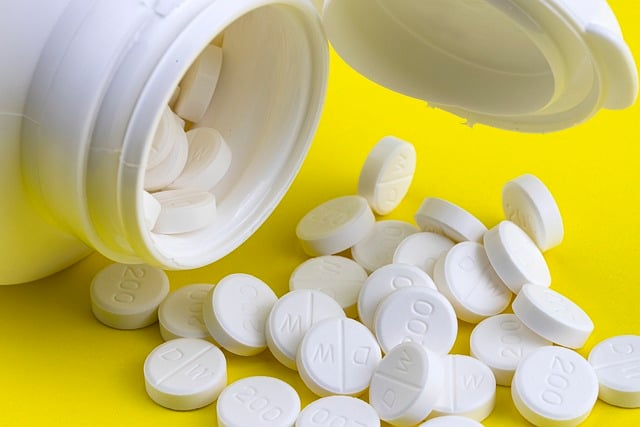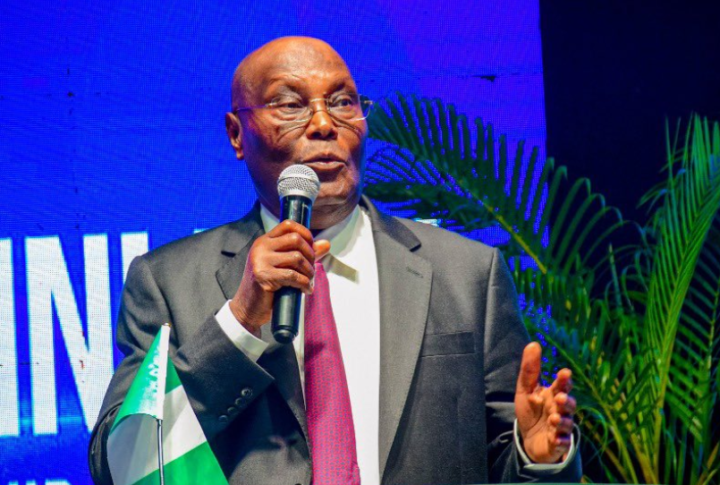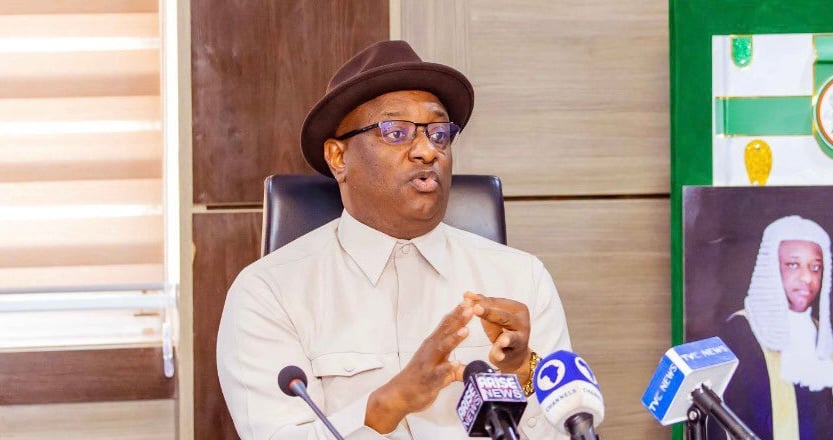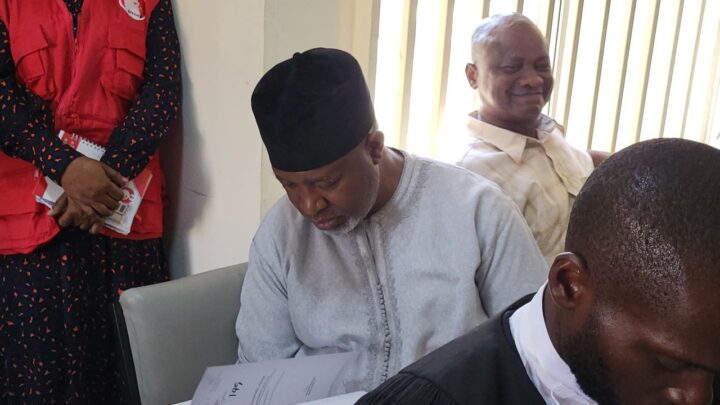TheCable has sent an appeal to the nation’s political leaders to take urgent policy and legislative actions on the escalating cost of medications, also known as “drugflation”.
In separate letters to President Bola Tinubu, Senate President Godswill Akpabio, House Speaker Tajudeen Abbas and the Nigeria Governors Forum (NGF), the newspaper listed the major proposals from its 10th anniversary webinar which was held in April 2024.
The prices of some medications have tripled in the last year, creating fears that millions of Nigerians may abandon treatment while cheaper but fake and substandard drugs may take over the market.
Simon Kolawole, the founder and CEO of TheCable, wrote in the letters: “The objective of the webinar was to conduct a diagnostic evaluation of the remote and direct causes of the escalating costs of pharmaceutical products and other hospital consumables with a view to generating actionable proposals to address them.”
Advertisement
He itemised key proposals which require policy and legislative actions from the webinar as follows.
Issuing an unambiguous executive order to tackle the identified issues
The president is advised to issue the expected executive order to address the issues in the health sector. This should be specific, unambiguous and emphatic on what is to be done so that the results can be measurable and the impact can be felt by the citizens. Most recently, the federal executive council (FEC) issued a very clear policy directive on purchasing vehicles powered by CNG and electricity.
Advertisement
Creating central stores
Because of the critical place of wellbeing in national development, the pricing of medicines, particularly the generic ones, can be managed through central medical stores to encourage bulk buying from the right sources. Central medicine stores prevent out-of-stock scenarios, guarantee the availability of wholesome medicines and checkmate unreasonable price hikes.
Cutting tariffs on imported medicines and APIs for a defined period
The current spike in prices of medications is related to the FX situation. Instant relief can come by way of reducing tariffs on imported medicines and active pharmaceutical ingredients (APIs). Nigeria relies on imports for 70 percent of its medicines and Nigerian pharmaceutical companies rely 100 percent on APIs for local production of medicines. The proposed reduction in tariffs should have a sunset provision.
Advertisement
Heightening border policing against smuggled medicines
The high cost of genuine drugs aids the influx of fake and substandard drugs. Relief can come by way of tightening the borders and improving surveillance and enforcement by the National Agency for Drug and Food Administration and Control (NAFDAC). The Nigeria Customs Service (NCS) needs to heighten its activities against smuggling as a matter of utmost priority.
Expediting the development of the Nigerian pharmaceutical industry
At the webinar, examples were cited of how India moved from being a major importer of medicines to one of the biggest exporters, thanks to legislative and policy actions. Nigeria has the capacity to produce generic drugs but the industry needs administrative, financial and political support. It was suggested that red tape should be removed for ease of doing business for the pharmaceutical companies. These include the bottlenecks in the licensing and analysis of products by NAFDAC as well as customs processes.
Advertisement
Promoting research into local alternatives
The efficacy of some local herbs in the treatment of common ailments should generate more than a passing interest. Government at all levels should encourage, strengthen and promote research enterprises into our flora and fauna to boost cheaper alternatives as well as help the growth and development of the pharmaceutical industry in Nigeria. China has been doing well in promoting local herbs, which are now sold across the world. The Nigerian Institute of Medical Research (NIMR) and the Nigeria Institute for Pharmaceutical Research and Development (NIPRD) should be encouraged to commercialise research outcomes for local drug production.
Advertisement
Quickening the passage of the Traditional Complementary and Alternative Medicine Bill
China has been doing well in promoting local herbs, which are now sold across the world. In Nigeria, the Traditional Complementary and Alternative Medicine Bill has passed second reading but it seems not much progress is being made at the current stage.
Advertisement
Increasing the penetration of national health insurance
Millions of Nigerians pay out of pocket for medical expenses. Given the multidimensional poverty in the country with the standard of living among millions of Nigerians considered unacceptable, having to pay out of pocket further reduces their access to health care. If health insurance penetrates the populace adequately, they will enjoy some protection from the costs of medicines.
Advertisement
Encouraging patronage of local manufacturers
Since Nigerian companies are also producing medicines, even if the APIs are imported, they need to be encouraged to remain in business. It is proposed that the federal government, states and councils should direct their various hospitals and health facilities to patronise the local manufacturers. Implementations should be monitored by the various departments of hospital services in the ministries of health.
Holding congressional hearing for stakeholders
The national assembly is encouraged to hold a public hearing with the key stakeholders in order to further identify the problems and the solutions to the challenges facing the pharmaceutical industry in Nigeria. Issues that need to be tackled with legislative action are better identified by engaging directly with the relevant stakeholders.
BACKGROUND
To mark its 10th anniversary, TheCable convened a public forum to discuss the escalating costs of medicines and medical consumables in Nigeria on April 30, 2024, in line with its mandate “to deliver knowledge-driven journalism in the pursuit of Nigeria’s progress”.
Julius Adelusi-Adeluyi, founder and chairman of Juli Pharmacy Plc and former minister of health, chaired the virtual event which was moderated by Henry Ewunonu, a physician and health advocate.
Muhammad Ali Pate, a professor of medicine and coordinating minister of health and social welfare, was the special guest.
The panellists were: Moji Adeyeye, professor and director-general of NAFDAC; Uche Ojinmah, medical practitioner and outgoing president of the Nigerian Medical Association (NMA); Chisom Uchem, pharmacist and executive secretary of Anambra Primary Healthcare Development Agency (APHDA); and Frank Muonemeh, executive secretary of the Pharmaceutical Manufacturers Group of the Manufacturers Association of Nigeria (MAN).






